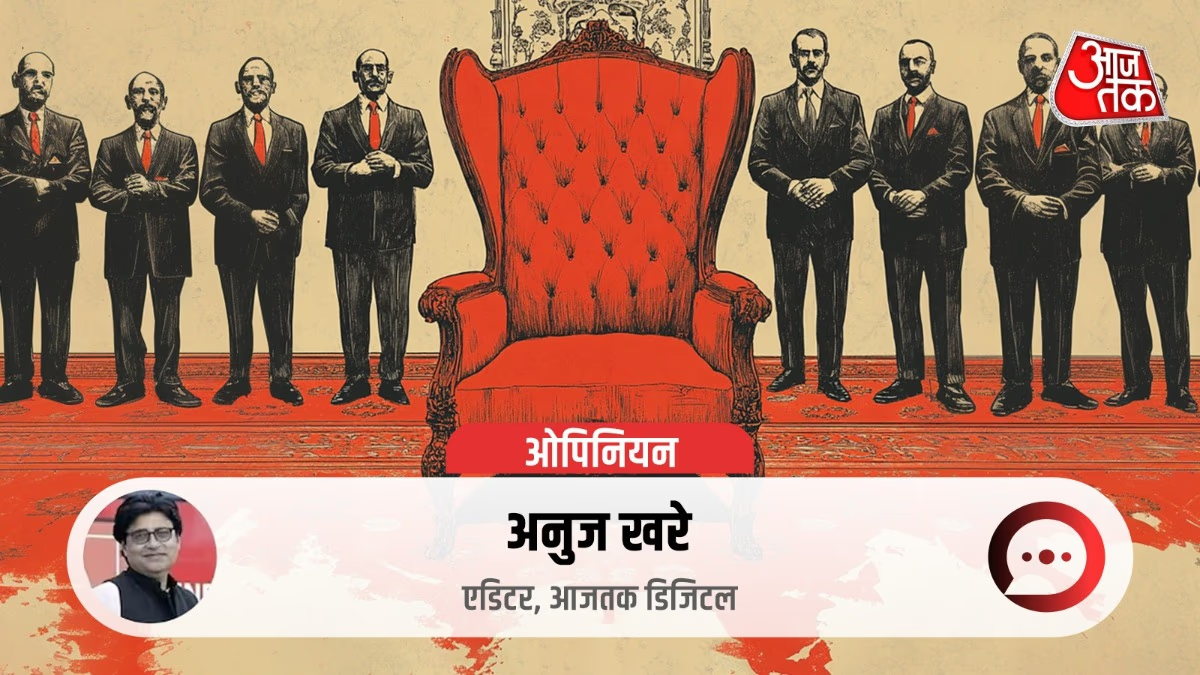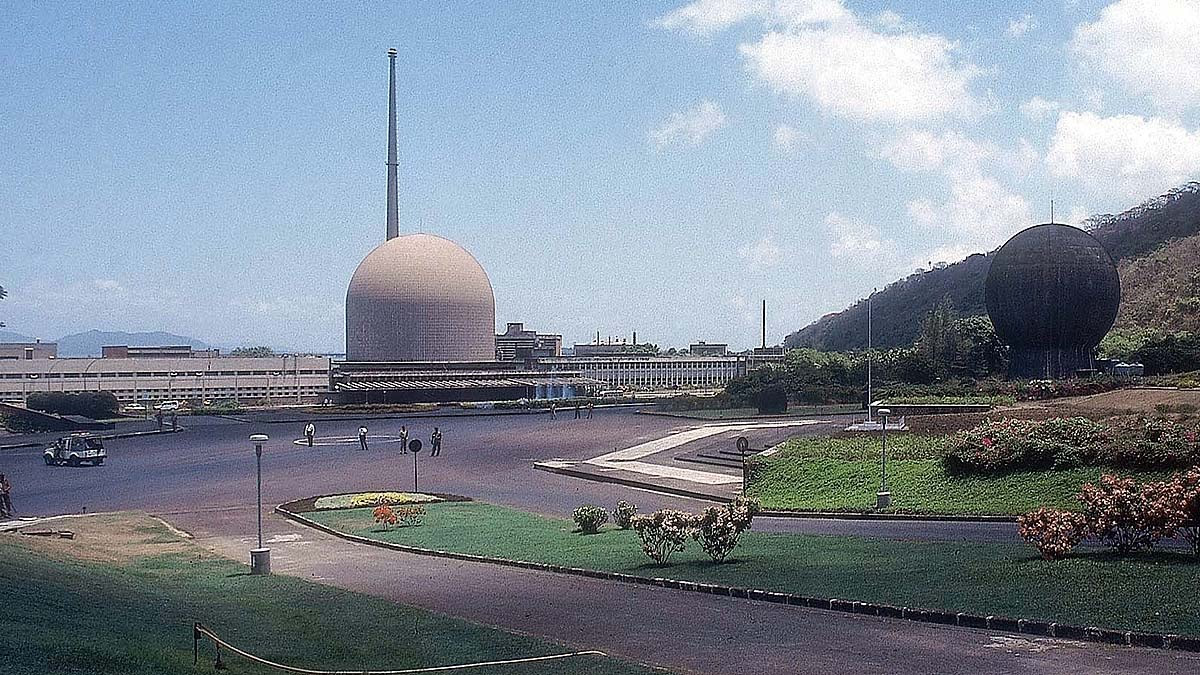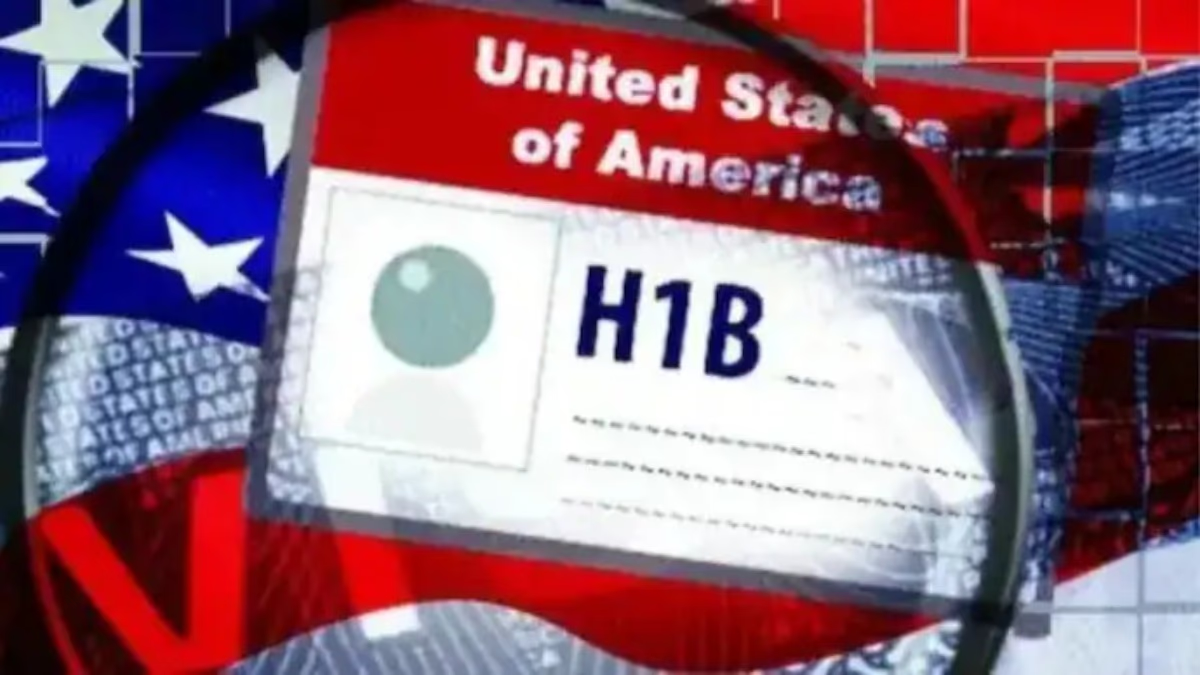- 45 positions filled via lateral entry to infuse expertise and encourage competition - Modi government
- The government plans to appoint RSS-affiliated individuals to top UPSC positions through the backdoor via lateral entry. This scheme attacks the rights of Dalits, OBCs, and Adivasis - Rahul Gandhi, Opposition Leader
- Such a system has been in place since Nehru's era; even the UPA proposed and organized lateral entry during its time. Why is the opposition now creating a ruckus? - Ashwini Vaishnav, Union Minister
And finally, the government wrote to the UPSC to cancel the positions to be filled through lateral entry.
What happened? Why did the climax of this positive narrative turn out this way?
This is not the first instance. Recently, the government has had to clarify its steps, retract decisions, and retreat multiple times. There is despair. Even the BJP can't aggressively champion government matters. From media to social media, the government appears on the backfoot. Where did the Modi government's unbeatable hold go, the one that silenced the opposition? Where did that powerful communication skill go that left people in awe of Modi? Where are the leaders educated in RSS schools, whose mass communication echoed Modi's name everywhere? Why does the once formidable government now seem helpless?
Between the chaos, let’s first understand the entire lateral entry issue?
Let's start from the beginning... The government advertised for lateral entry into 45 positions of Joint Secretary, Director, and Deputy Secretary. This incited a commotion. Opposition Leader Rahul Gandhi accused the government of secretly appointing RSS-affiliated people to key UPSC positions. He claimed that lateral entry attacks the rights of Dalits, OBCs, and Adivasis. BJP’s Ram Rajya wants to demolish the constitution and snatch reservations from the backward classes. Leaders like Akhilesh Yadav and Tejashwi Yadav supported this. Even ministers like Chirag Paswan spoke against it.
As the opposition attacked, the government countered. It explained that the opposition itself is responsible for this system. Union Minister Ashwini Vaishnav stated that it was the UPA government that introduced the concept of lateral entry. The 2005 Second Administrative Reforms Commission (ARC) was introduced during UPA’s tenure, headed by Veerappa Moily. The ARC suggested that posts requiring specialized knowledge be filled by experts. The NDA government is simply implementing these recommendations transparently. So, why the uproar?
However, it appears the government can't effectively push this issue. Previous Modi governments were very aggressive against the opposition, especially Rahul Gandhi. The opposition struggled to make their issues prominent. But now, why has the opposition become so effective against the government and BJP? Ironically, it was during UPA government tenure that lateral entry through the 2005 ARC was fully realized. Past Congress governments appointed experts in various fields, including Manmohan Singh entering laterally as an economic advisor, later becoming the Finance Minister and Prime Minister. Other notable appointees include technocrats like Sam Pitroda, V. Krishnamurthy, and economists like Bimal Jalan, Kaushik Basu, Arvind Virmani, Raghuram Rajan, and Ahluwalia. Even Nandan Nilekani from Infosys was appointed as the chairman of UIDAI associated with Aadhaar.
Also Read: 'Reservation in Government Recruitment is Crucial…', says Chirag Paswan on Lateral Entry Controversy in UPSC
Why is there a disconnect...
Despite ample ammunition against Congress, why is the government failing to convey its points effectively?
From Nehru’s time to Manmohan Singh’s government, lateral entry has always existed. Even during the UPA government, the National Advisory Council appointed experts. Despite abundant evidence against Congress, the government can’t put them on the backfoot. A significant reason is the communication breakdown... Previously, BJP and the government’s communication flowed top-down seamlessly. Major statements resonated powerfully. If PM Modi raised an issue or attacked an opposition leader, the entire BJP machinery and leaders echoed it robustly. There was clarity. RSS volunteers significantly contributed to this. Conversely, the opposition lacked such a structured cadre and effective machinery. Now, the government's statements don't resonate as strongly. There's apathy among leaders and workers. There's visible communication loss. The grassroots don't seem engaged. Public opinion isn't being shaped effectively. The opposition is seizing issues more potently.
Prominent Leaders on the Sidelines: Fragmented Communication... Public Dialogue...
Earlier, BJP leaders like Arun Jaitley, Sushma Swaraj, Shivraj Singh, Rajnath Singh, Ravi Shankar Prasad, Raman Singh, and Prakash Javadekar didn't leave any room for the opposition with their continuous statements. They were widely recognized and credible. Now, many prominent BJP leaders are sidelined or missing from the scene. New leaders like Ashwini Vaishnav, S. Jaishankar, and Hardeep Singh Puri have taken their positions. These leaders are knowledgeable about administrative systems but lack mass appeal and credibility among the public. Their communication is very bureaucratic. Engaging the public requires ordinary language, local examples, and relatable delivery, which seem missing now. Public dialogue appears fragmented. Earlier, BJP leaders connected with people, which now seems absent.
Also Read: Congress-JDU Opposes Lateral Entry, Accuses of Bypassing Reservations
Nehru... Nehru... Nehru, Root of All Problems: This Strategy Isn't Working Anymore...
In Modi's government, there's a trend of blaming Nehru for almost every problem. Initially, this tactic worked in some cases. Nehru’s policies were considered the root cause of major issues. Supporting evidence seemed to be in favor. But later, repeated cries of wolf diluted this narrative. Gradually, it lost its efficacy. Yet, the government and its ministers continued the blame game. This overuse of blaming Nehru has started to backfire. The BJP leaders seem unable to grasp this. People believe that if you've governed for a decade, you can't shift responsibility to others. Accountability is necessary. While the public is ready to forgive, they might not accept excuses for avoiding accountability. So, amidst the chant of Nehru, maybe the government is ignoring even basic self-reflection.




